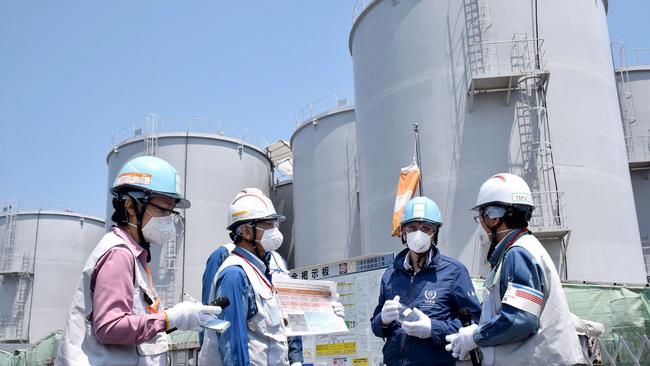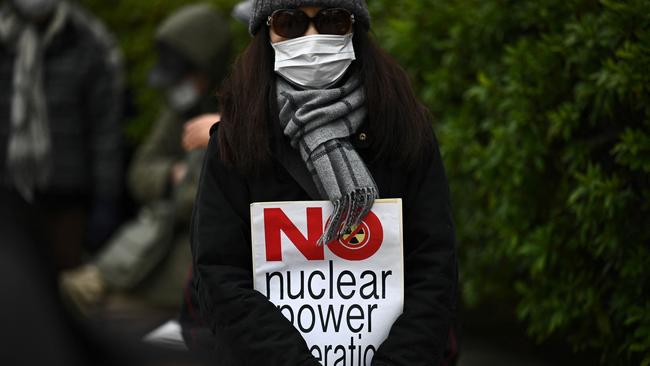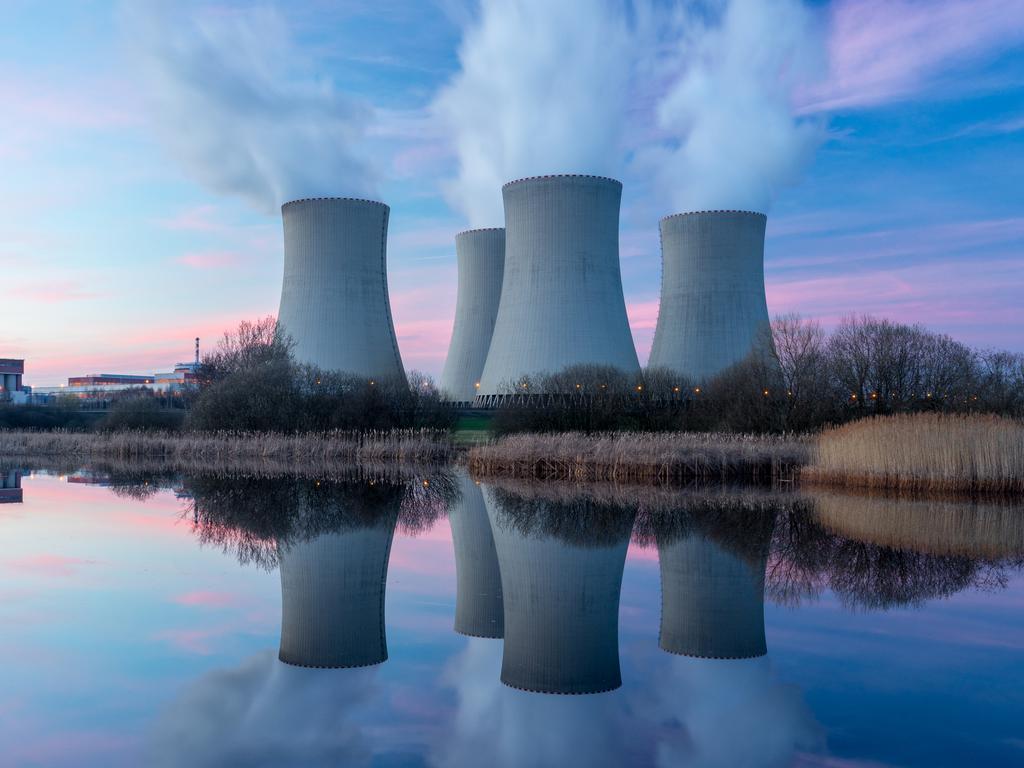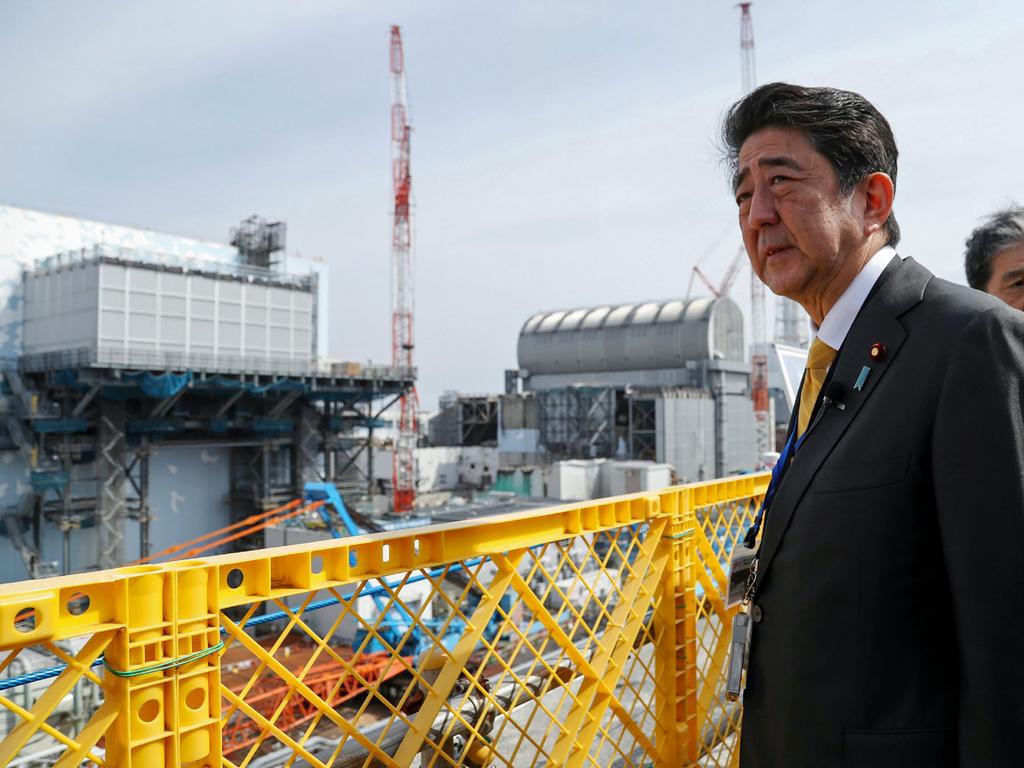Energy crisis forces Japanese u-turn on nuclear power
The Fukushima meltdown made nuclear a dirty word in Japan, but the invasion of Ukraine has forced an energy policy rethink.

MORE than a decade after the disaster at Fukushima, Japan is turning to nuclear power again, building power plants to avoid an energy crisis caused by climate change and the invasion of Ukraine.
Fumio Kishida, the prime minister, confirmed that the government would look at options, suspended since 2011, to build high-tech reactors. It would also extend the permitted lifespan of existing plants to 60 years or more – a move that is sure to add to anxieties in some quarters about nuclear safety.

“Russia’s invasion of Ukraine has vastly transformed the world’s energy landscape,” Mr Kishida told a conference on green transformation. “Japan needs to bear in mind potential crisis scenarios. In order to overcome our imminent crisis of a power supply crunch, we must take our utmost steps to mobilise all possible policies in the coming years and prepare for any emergency.”
The meltdown of three reactors at the Fukushima Dai-ichi power plant was the world’s worst nuclear disaster after Chernobyl. It created a deep suspicion of nuclear energy among the public.
Of the 54 reactors that existed before 2011, only 33 remain. Enduring concerns mean that authorities have given only 17 of those permission to operate. Ten of them have resumed operations while six generate electricity.
Nuclear power accounted for less than 5pc of Japan’s energy needs in 2020, down from 30pc. The country has no domestic sources of fossil fuel so all its oil and natural gas has to be imported, mostly from the Middle East. The sea lanes of southeast Asia and the South China Sea through which this cargo passes could be cut off in a Chinese invasion of Taiwan.

Almost 9pc of the natural gas used by Japan – a member of the G7 group of industrialised democracies – comes from Russia. Mr Kishida is under pressure to reduce or eliminate this trade to help isolate the Kremlin.
High summer temperatures blamed by many on climate change are putting a strain on the country’s electricity grid. The government asked people in June to save energy, fearing that the use of air conditioners could cause demand to exceed supply. Until the announcement on Wednesday, Japan’s policy was to restart existing reactors but avoid building new ones. It appears that Mr Kishida, 65, has decided that despite Japan’s susceptibility to earthquakes and tsunamis, energy insecurity is a greater menace than potential reactor meltdown.
More nuclear energy will help to cut the use of fossil fuels and fulfil Mr Kishida’s promise to the Cop26 climate change conference in Glasgow last year to achieve carbon neutrality by 2050. The goal is for nuclear reactors to supply up to 22pc of Japan’s electricity by 2030.
Local opposition may prove an obstacle to restarting older plants. Japan imposed strict safety standards after Fukushima, including a rule that nuclear reactors should be decommissioned after 40 years. An exception was made last year for a reactor on the Sea of Japan. The thinking is that plants could be allowed to stay in service for more than 70 years to meet nuclear energy targets.
The Times






To join the conversation, please log in. Don't have an account? Register
Join the conversation, you are commenting as Logout